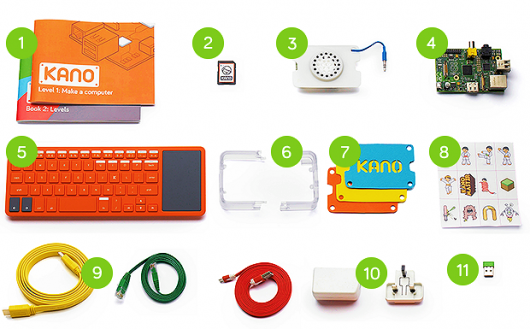
Keeping your website secure is one of the most important things, especially if your website contains your personal or business information. Suppose you decide to start a small business. First, you need the best small business site builders and a secure web host. Then, it would be best if you started thinking about your website’s security and the content of your page. To achieve top security, you should pick a web host that offers decent security features, such as the ones you can read about in the many expert and customer reviews that can be found online. Below, we will break down some of the most crucial security features.
Six Most Crucial Web Hosting Security Features
When evaluating a web hosting plan, security is a key factor. However, there is no characteristic that distinguishes one hosting platform as being more secure than another. Instead, the overall security of web hosting is influenced by a number of different individual factors. And believe us, there are plenty of them. Suppose you are starting blogging as your small business. Today, we decided to break down some of the most crucial security factors. Have a look!
1 Secure Socket Shell (SSH)
There are many different security features in the web hosting industry, but the SSH or Secure Socket Shell feature is indeed frequently wanted. For log-in access, the web hosting companies should implement the SSH network protocol or some kind of alternative. For remote and secure system and application management, SSH uses encrypted data transmission, public key authentication, and robust password authentication. Many hosting companies will clearly indicate whether they provide SSH access.
2 SSL Certificates
The SSL certificates are one of the many built-in security features. If someone tries intercepting data while it is being transported across the web, they will only see mixed, unrecognizable characters thanks to Secure Sockets Layer (SSL) encryption. Especially for e-commerce websites, SSL encryption is such a crucial component of website security that many hosting companies nowadays include a free SSL certificate as part of the hosting packages you purchase. If not, you should get an SSL certificate on your own. Not only does the usage of SSL certificates defend your company and your clients, but also, the search engines increasingly flag non-SSL websites as unsafe, which may deter visitors.
3 Web Application Firewalls
Another essential security feature is the web application firewalls. Web application firewalls (WAF) offer additional security for web apps by screening the HTTP traffic, as well as protecting online applications from threats. So, if you want your website to remain safe and protected, seek out hosting companies that provide host or cloud-level WAFs.
4 DDoS Prevention
Unfortunately, DDoS or distributed denial-of-service assaults are a widespread weapon in the armory of hackers. Due to a DDoS assault, malicious actors saturate the websites with traffic to the point that it is overloaded and unavailable to genuine users, depriving them of service. DDoS assaults can be challenging to deal with. Therefore, it’s important to stop them before they start.
5 CDN Support
Most web hosts use a solution like CDN, or Content Delivery Network, which is a widely dispersed group of servers where cached content is stored so it can be efficiently provided to website users to avoid the abovementioned attacks. This kind of caching reduces hosting capacity, and DDoS attacks from attackers are less likely to disrupt service. In order to better shield their clients against DDoS assaults, the majority of web hosting companies offer CDNs as part of the hosting packages. However, it is advised to add CDN functionality to your website directly if your preferred web host does not already offer it.
6 Malware Scans
Lastly, Malware is one of the most well-known risks to website security and refers to any dangerous software, program, or code that an attacker uses to enter your system, steal, corrupt, encrypt your data, or track your online activities. Malware protection is essential. Malware is not only capable of causing severe harm to your website, but it can also be accidentally transferred to your customers, diminishing
their valued trust and loyalty, by stealing data from your company, including consumers’ personal information.
Conclusion
By integrating any of the security features we’ve explained above, your business website will get a more professional look and a higher level of trust from your loyal and potential customers. The customers’ security should be your top priority, so pay attention to which web host you will choose. Blogging takes a lot more than we imagine, but that’s not our topic today. However, if you want to learn more, you can always read more tips on how to become a better blogger online.







